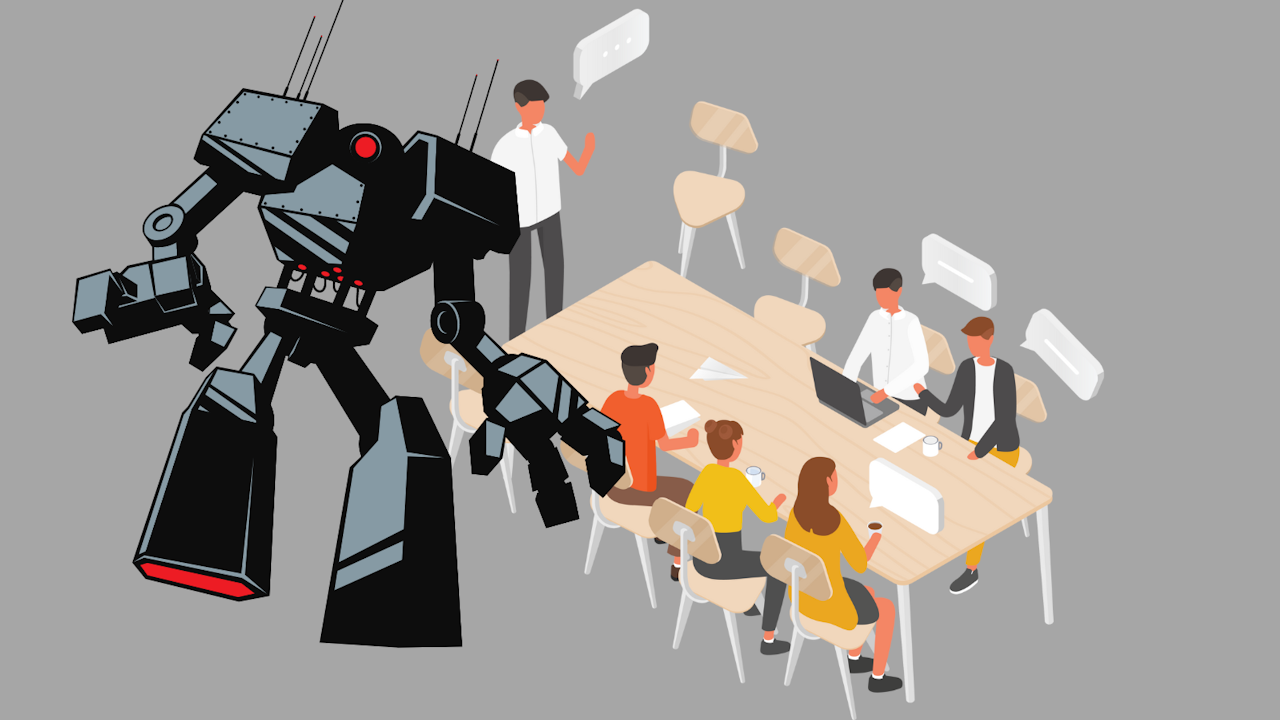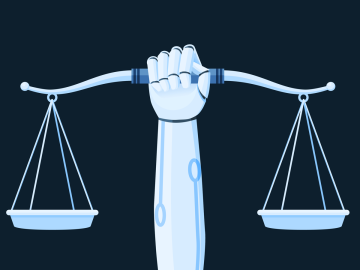Artificial Intelligence (AI) may be a disruptor but it would not completely define a human being, according to Jaya Deshmukh, 51, (Mudra Institute of Communications it is not an acronym, but only MICA) MICA, Ahmedabad’s first woman director who took charge last month.
The appointment is a also a homecoming of sorts for Deshmukh who is an alumni from the institute’s first batch.
Deshmukh, who was with Colt Technology Services in London before joining MICA, is known as an expert in digital and cloud technology, having worked with Google, Microsoft and AT&T before.
In an interview with The Indian Express, Deshmukh said, “The irony about AI is that it is predictive. It predicts. It makes the best guess, it does not completely define a human. And so, things such as culture, semiotics, beauty, people, emotions, anthropology, psychology, those skills are going to become really important. The next year is about who knows how to differentiate? What is cognition? Because cognition, for a machine, is very different.”
The MICA chief believes that because of its competence in English, India could see a huge “data-labelling boom”, although the job was lower down the value chain of the workforce.

“There are huge factories in developing countries, whether it’s Africa or India or LatAm (Latin America)…of hybrid gig workers who are given streams of data, like streams of images, streams of videos. And all that they do is to identify and say, this is a car, this is a train, this is a cat. These are called the data labellers. They label, then you start training on it…We have a huge population of people who can do that because we know English.”
Elaborating on her point, she said, “So, everyone’s saying that the next big language is not C, C++, Java, Python, it’s English. Because if you write the prompt, it will do the code. And that’s an advantage, because we are really good in English, much better than China because we know English,” said Deshmukh.
Sharing her concerns over major job losses in the country’s IT sector, Deshmukh said coders will not be required over time as AI is about automating automation.
She also shared another example of what she saw when she was on the executive board of a tech forum, for women led to more women in staff functions being seen at the risk of losing jobs.
“All of these tech companies wrote algorithms to protect EBITDA (Earnings Before Interest, Tax, Depreciation, Amortization). So if you’re protecting EBITDA…staff functions are the ones that you put at risk, like HR (Human Resources), administration. You find that staff functions have a preponderance of women… so, imagine you had so many women out of jobs because they were in staff functions. Now, suddenly you had a surplus of female staff functions. Now, when they go for new jobs, their pay shrinks. Therefore, your pay gap increases. All because of an algorithm!,” said Deshmukh.
Deshmukh is pursuing a two-year hybrid Master programme in AI Ethics and Society in Cambridge University to understand the gap between the digital world and AI. “When I realised I won’t have a job, I said, I’ll have to get into an AI company. I went knocking on the door of AI companies…I got rejected everywhere. They told me, ‘Jaya, what you have is knowledge about the digital world, the AI world is different. You don’t know anything’. And that was sobering. So then I said, ‘if I want to know, where do I go?’ I was told that my skills would be useful in understanding this gap.”





